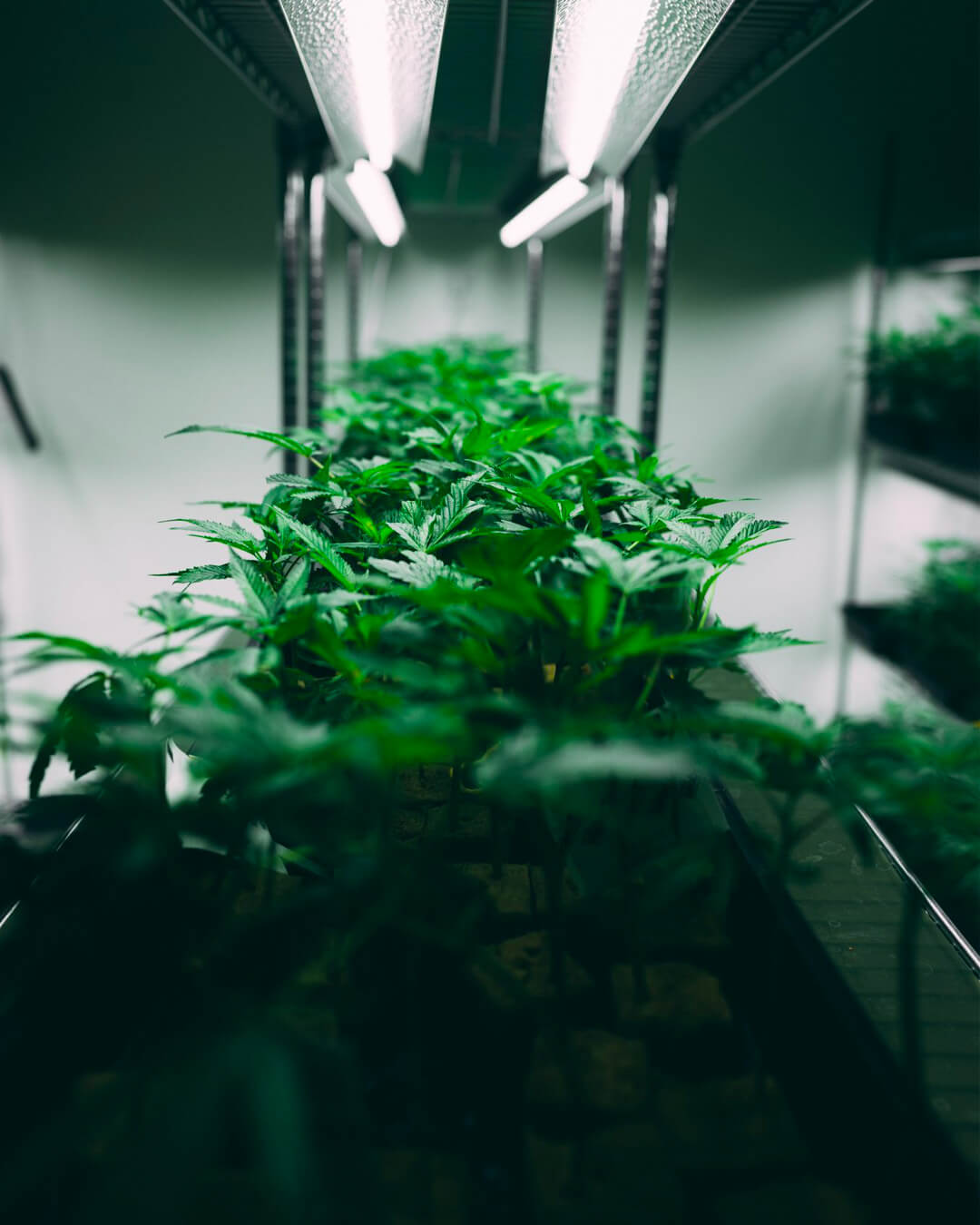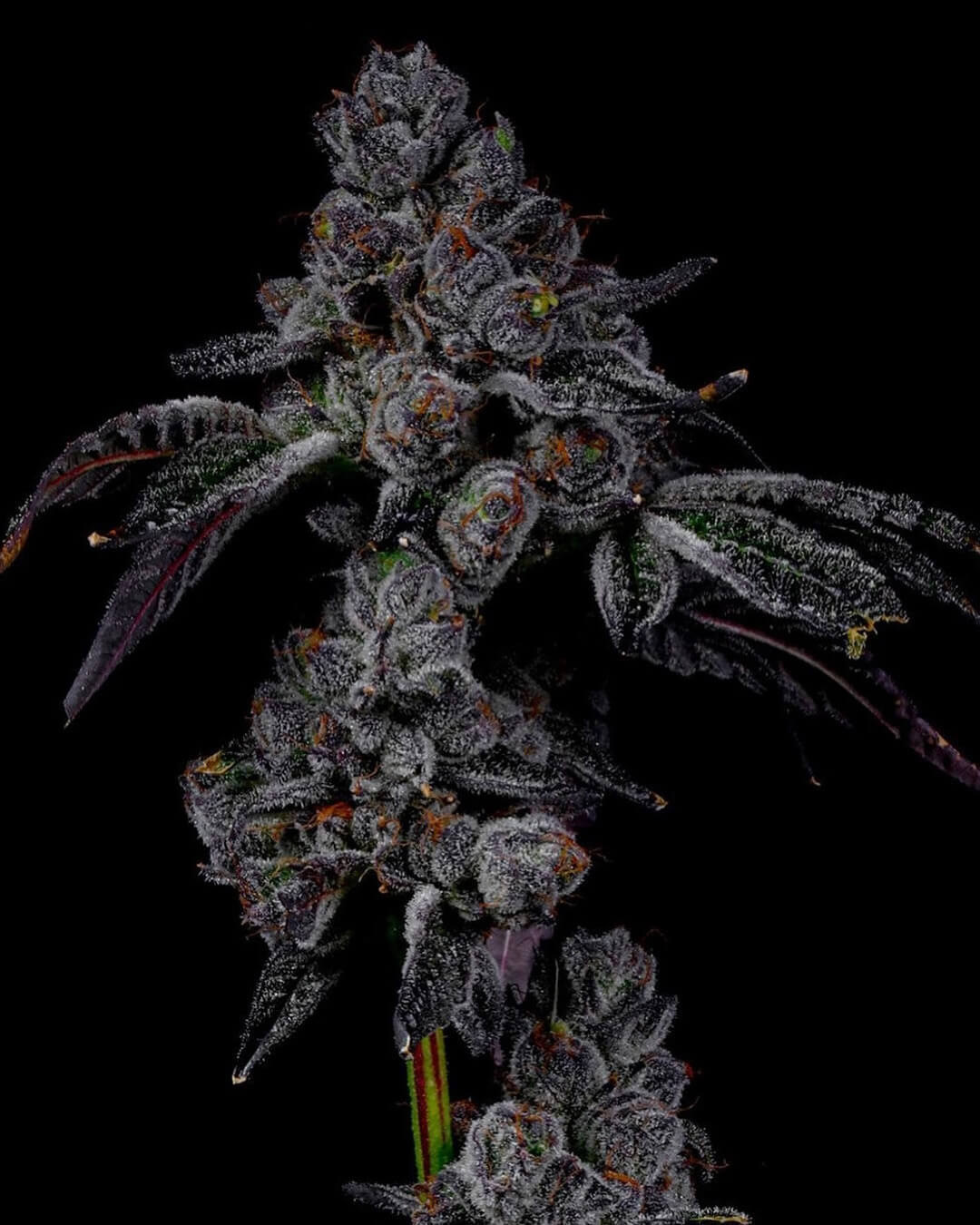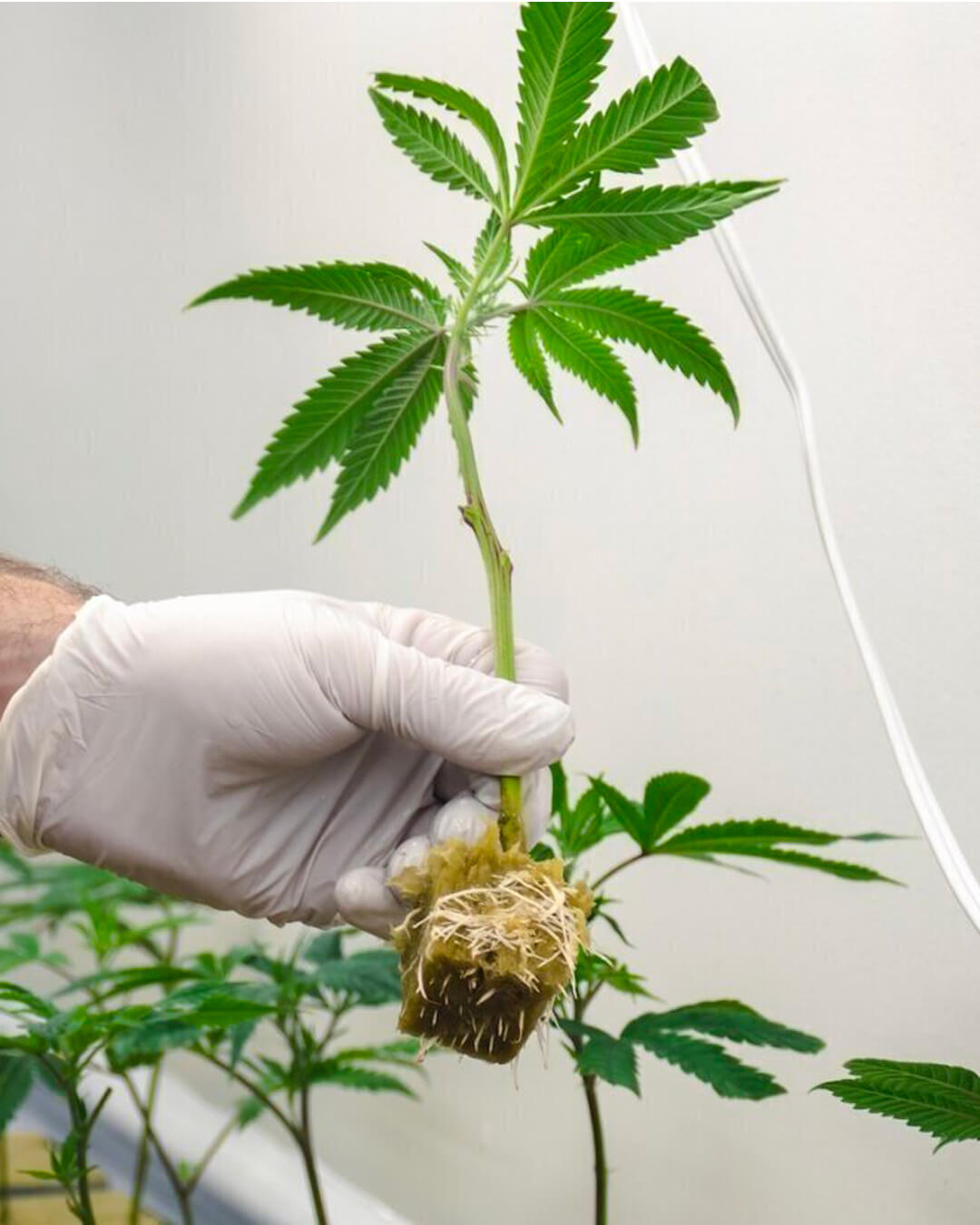
Cannabis Cultivation: Clones vs. Seeds
Exploring the advantages of using cannabis clones over seeds for cultivation.
Genetic Consistency and Predictability
One of the primary benefits of cultivating cannabis from clones is the assurance of genetic consistency. Clones are exact genetic replicas of their parent plants, ensuring uniformity in growth patterns, cannabinoid profiles, and overall plant characteristics. This predictability is particularly advantageous for cultivators aiming for consistent product quality and yield. In contrast, growing from seeds can result in genetic variability, leading to differences in plant traits even among seeds from the same strain.
Accelerated Growth Cycle
Clones offer a head start in the cultivation process, as they bypass the germination and early seedling stages. This acceleration allows growers to move plants into the vegetative phase more quickly, reducing the overall time to harvest. For commercial operations, this time efficiency can translate into increased production cycles and profitability.
Elimination of Gender Uncertainty
When cultivating cannabis from regular seeds, there's a possibility of growing male plants, which do not produce the desired buds and can pollinate females, leading to seed production instead of high-quality flowers. Cloning from a known female plant eliminates this uncertainty, ensuring that all plants in the grow operation are female and capable of producing buds.
Preservation of Desired Traits
Cloning allows cultivators to preserve specific traits of a particular plant, such as potency, flavor, and resistance to pests or diseases. This is especially beneficial when a grower has a "mother plant" with exceptional qualities they wish to replicate consistently. Seeds, on the other hand, may not always produce offspring with the exact desired characteristics due to genetic variation.
Cost-Effectiveness
While the initial investment in obtaining clones might be higher than purchasing seeds, the long-term benefits can outweigh the costs. The reduced time to harvest, elimination of male plants, and consistent quality can lead to higher yields and better market value, providing a favorable return on investment for cultivators.
Conclusion
While both seeds and clones have their place in cannabis cultivation, the advantages of using clones—such as genetic consistency, faster growth cycles, and preservation of desired traits—make them a preferred choice for many growers seeking efficiency and reliability in their operations.
More News
Explore insights, tips, and trends to elevate your brand.

Cannabis Cultivation: Clones vs. Seeds
Exploring the advantages of using cannabis clones over seeds for cultivation.
Genetic Consistency and Predictability
One of the primary benefits of cultivating cannabis from clones is the assurance of genetic consistency. Clones are exact genetic replicas of their parent plants, ensuring uniformity in growth patterns, cannabinoid profiles, and overall plant characteristics. This predictability is particularly advantageous for cultivators aiming for consistent product quality and yield. In contrast, growing from seeds can result in genetic variability, leading to differences in plant traits even among seeds from the same strain.
Accelerated Growth Cycle
Clones offer a head start in the cultivation process, as they bypass the germination and early seedling stages. This acceleration allows growers to move plants into the vegetative phase more quickly, reducing the overall time to harvest. For commercial operations, this time efficiency can translate into increased production cycles and profitability.
Elimination of Gender Uncertainty
When cultivating cannabis from regular seeds, there's a possibility of growing male plants, which do not produce the desired buds and can pollinate females, leading to seed production instead of high-quality flowers. Cloning from a known female plant eliminates this uncertainty, ensuring that all plants in the grow operation are female and capable of producing buds.
Preservation of Desired Traits
Cloning allows cultivators to preserve specific traits of a particular plant, such as potency, flavor, and resistance to pests or diseases. This is especially beneficial when a grower has a "mother plant" with exceptional qualities they wish to replicate consistently. Seeds, on the other hand, may not always produce offspring with the exact desired characteristics due to genetic variation.
Cost-Effectiveness
While the initial investment in obtaining clones might be higher than purchasing seeds, the long-term benefits can outweigh the costs. The reduced time to harvest, elimination of male plants, and consistent quality can lead to higher yields and better market value, providing a favorable return on investment for cultivators.
Conclusion
While both seeds and clones have their place in cannabis cultivation, the advantages of using clones—such as genetic consistency, faster growth cycles, and preservation of desired traits—make them a preferred choice for many growers seeking efficiency and reliability in their operations.
More News
Explore insights, tips, and trends to elevate your brand.

Cannabis Cultivation: Clones vs. Seeds
Exploring the advantages of using cannabis clones over seeds for cultivation.
Genetic Consistency and Predictability
One of the primary benefits of cultivating cannabis from clones is the assurance of genetic consistency. Clones are exact genetic replicas of their parent plants, ensuring uniformity in growth patterns, cannabinoid profiles, and overall plant characteristics. This predictability is particularly advantageous for cultivators aiming for consistent product quality and yield. In contrast, growing from seeds can result in genetic variability, leading to differences in plant traits even among seeds from the same strain.
Accelerated Growth Cycle
Clones offer a head start in the cultivation process, as they bypass the germination and early seedling stages. This acceleration allows growers to move plants into the vegetative phase more quickly, reducing the overall time to harvest. For commercial operations, this time efficiency can translate into increased production cycles and profitability.
Elimination of Gender Uncertainty
When cultivating cannabis from regular seeds, there's a possibility of growing male plants, which do not produce the desired buds and can pollinate females, leading to seed production instead of high-quality flowers. Cloning from a known female plant eliminates this uncertainty, ensuring that all plants in the grow operation are female and capable of producing buds.
Preservation of Desired Traits
Cloning allows cultivators to preserve specific traits of a particular plant, such as potency, flavor, and resistance to pests or diseases. This is especially beneficial when a grower has a "mother plant" with exceptional qualities they wish to replicate consistently. Seeds, on the other hand, may not always produce offspring with the exact desired characteristics due to genetic variation.
Cost-Effectiveness
While the initial investment in obtaining clones might be higher than purchasing seeds, the long-term benefits can outweigh the costs. The reduced time to harvest, elimination of male plants, and consistent quality can lead to higher yields and better market value, providing a favorable return on investment for cultivators.
Conclusion
While both seeds and clones have their place in cannabis cultivation, the advantages of using clones—such as genetic consistency, faster growth cycles, and preservation of desired traits—make them a preferred choice for many growers seeking efficiency and reliability in their operations.
More News
Explore insights, tips, and trends to elevate your brand.

